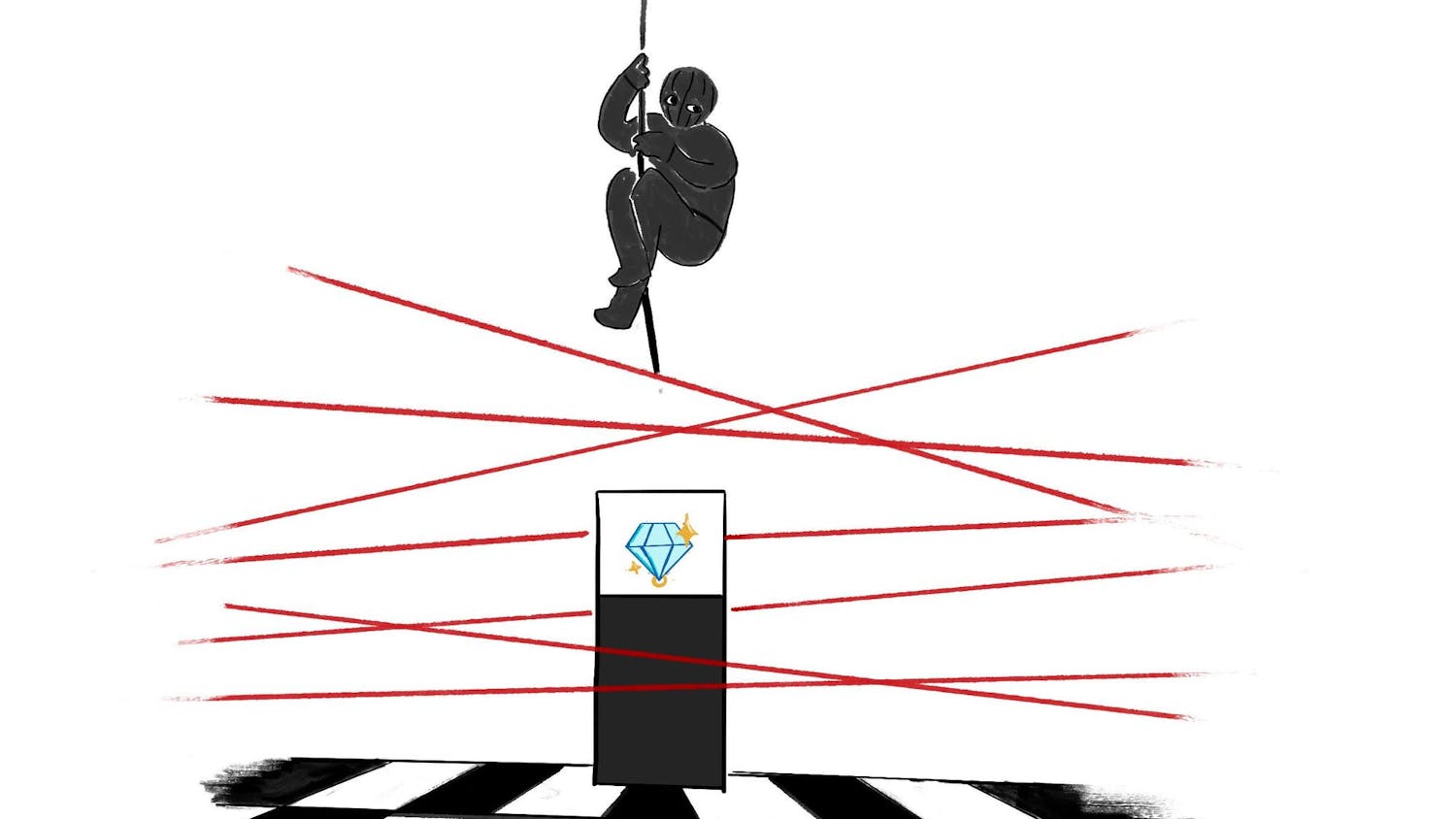A recent study released by the Pew Research Center for the People & the Press indicates 63 percent of Americans believe news stories are inaccurate.
This percentage in 1985 was 29 percent lower.
The same study showed the number of people who believe articles often favor one side of an issue is up 8 percent.
Obviously something has changed.
The Associated Press article published by the Mobile Press-Register explored the idea of a suffering business, striving for readership and struggling to keep up with new media.
In a way, that viewpoint is favorable. The business is changing, condensing and using its resources in new ways.
In a tumultuous economy any business will experience change, and the news is no different.
Ad sales have decreased, papers are downsizing to tabloid from broadsheet and some are even transitioning to weekly publications instead of a daily schedule.
Journalism students are flocking to grad school to ensure some sort of future career.
Adding all the difficult fiscal problems to trying to keep up with ever-expanding outlet capabilities and there is bound to be problems.
The problem lies in that journalists are held to a much higher standard than most people in other professions.
This is not a bad thing, because the standard must be high when talking about where most people get their news, current events and, most importantly, voting basis.
News companies have a lot of persuasion abilities when it comes to voters.
The idea is to keep that in mind when reporting while also treading the murky waters of ethics.
For those more experienced journalists the line is more defined, but for green reporters it's a slippery, abstract thing. The difference is the experience.
Readers need to be critical of their news sources.
They also need to realize those news sources are trying to adapt to what the studies show people want.
All the change is worth it, honestly. No longer do you have to wait for the next day's paper for a short, information-lacking recap of an event. Now you can check the Web mere hours later and get a full article.
I would, however, like to address what I think is the biggest problem this study and the article did not address. This is also a point Jay Rosen, an NYU journalism professor, hit on in one of his tweets about the study: the public is confused about what is opinion and what is news.
The business is heading into more new media, such as Twitter, Facebook, newspaper and broadcast convergence and blogging by respected journalists.
Because of this the journalism industry may be confusing readers on what is opinion and what is not. Often The Plainsman has to combat complaints by readers about what they call "articles" when they are really upset over a column or editorial, which are based on opinion and are clearly assigned to opinions or commentary pages.
So readers, please judge on basis of factual error, spelling, grammar and news value. If the articles seem to be more slanted toward one side or issue, also let us know.
But if the column or editorial is on the commentary or opinions page, please don't try to judge on basis of misplaced opinion.
I know sometimes we fail in the coverage of news, but we need you all to point out our inaccuracies.
So bring it on.
Do you like this story? The Plainsman doesn't accept money from tuition or student fees, and we don't charge a subscription fee. But you can donate to support The Plainsman.




